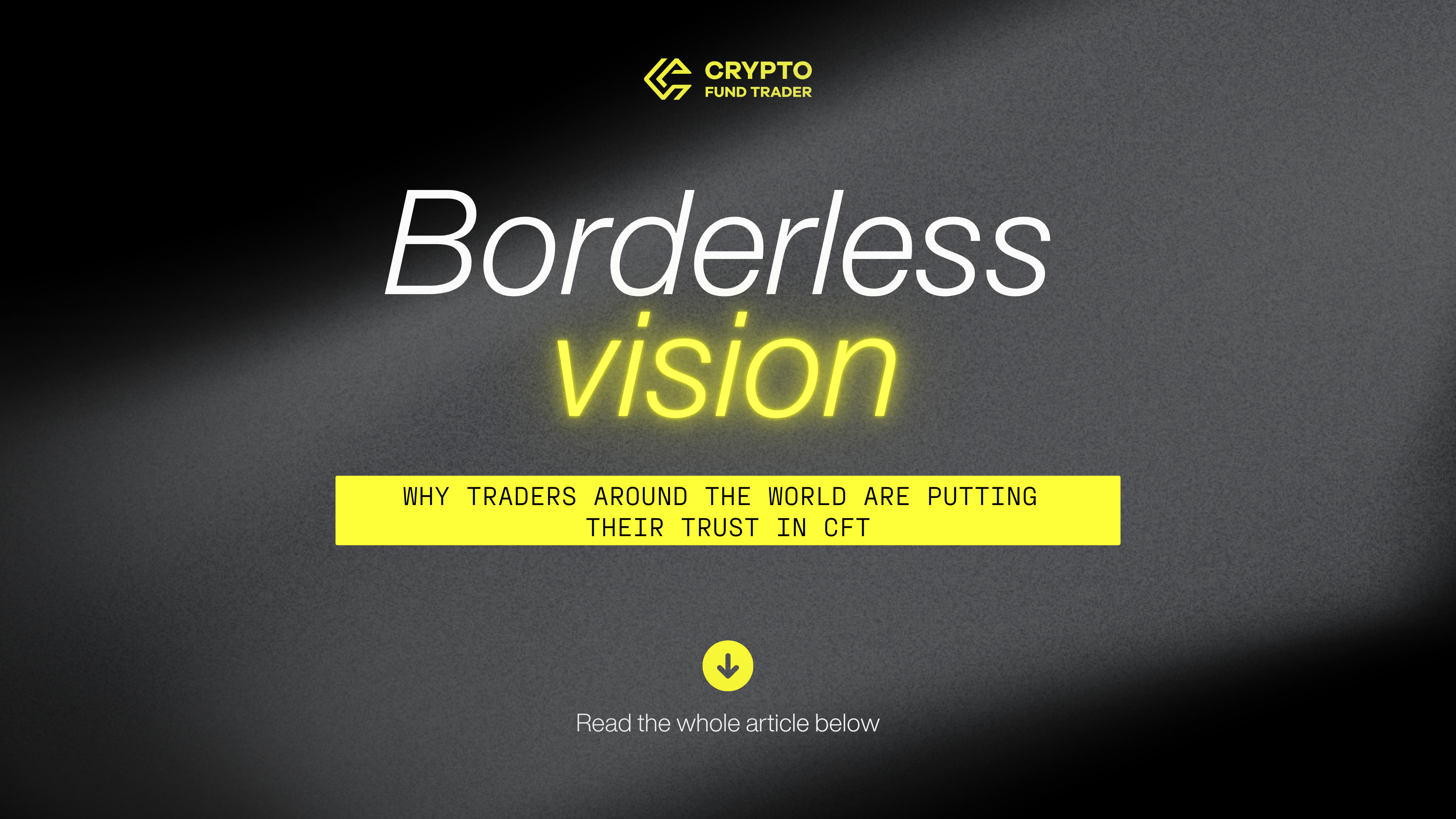As the global landscape grows increasingly fragmented, businesses must adapt to a new era shaped by geopolitical uncertainty, shifting power centers, and evolving trade dynamics. Global entrepreneur Roman Ziemian shares insights on how to build resilient strategies in today’s fractured economy.
The End of Globalization As We Knew It
Not long ago, the concept of a “global village” promised open borders, free trade, and shared prosperity. But the last few years have exposed the fragility of that vision. From trade wars to pandemics to shifting alliances, it’s clear: the era of seamless globalization is over.
Whether you’re an entrepreneur in Dubai, a logistics executive in Singapore, or a CEO in Europe, the global business environment has changed—and clinging to old assumptions could cost you.
With over two decades of experience building companies across multiple continents, I’ve witnessed how fragmentation can either derail business strategies or sharpen them—depending on your level of adaptability.
Power is Now Multipolar
The global balance of power is no longer concentrated. It’s multipolar and dynamic.
China remains a force in manufacturing and infrastructure. India is emerging as a global tech and innovation hub. The GCC—especially Saudi Arabia and the UAE—is transforming into a strategic powerhouse, investing in green energy, culture, and futuristic technologies.
This decentralization means opportunity—but also complexity. One clear example is the evolution of global supply chains. Where businesses once depended heavily on China, disruptions during the pandemic accelerated the rise of “China +1” strategies, spreading risk to countries like Vietnam, India, and the UAE.
If your business still operates with a unipolar mindset, you’re already falling behind.
Strategy Reinvention in a Fragmented Market
Thriving in today’s world demands a complete strategy reset. Here’s what that looks like:
1. Localisation is Non-Negotiable:
One-size-fits-all approaches no longer work. What succeeds in Berlin may fail in Riyadh or Nairobi. Whether you’re scaling a fintech platform or launching a retail chain, local market understanding is critical.
2. Resilient Supply Chains Over Lean Ones
Many companies have over-optimized for efficiency. But 2025 is about agility and resilience. Build redundancy and flexibility into your supply chains—even if it costs more upfront. It’s no longer a luxury; it’s survival.
3. Practice Business Diplomacy
Geopolitics now shapes market access. Establish multi-level relationships with governments, local communities, media, and industry bodies. In regions like the GCC, where soft power is crucial, trust-based alliances are often more valuable than contracts.
The Rise of Economic Blocs and Regional Powerhouses
We’re witnessing the comeback of economic blocs and regional trade networks. From BRICS+ to the African Continental Free Trade Area (AfCFTA), the focus is shifting toward regional resilience over global interdependence.This demands a more nuanced expansion strategy. Don’t assume launching in Dubai gives you access to the whole Gulf. Instead, create tailored approaches for each country: a Saudi Arabia-specific strategy, a Qatar entry plan, a Kuwait roadmap—each aligned with national visions and priorities.
For example:
- UAE: Focus on fintech, green energy, and digital innovation.
- Saudi Arabia: Leverage public investments under Vision 2030.
- Qatar: Tap into cultural diplomacy and post-World Cup momentum.
Adaptability is the Ultimate Advantage
In this fragmented landscape, adaptability trumps scale.
Startups like Figma, Notion, and Hopin have outpaced legacy giants not by size, but by speed and flexibility. The companies that win today are the ones that localize quickly, pivot faster, and stay attuned to cultural and political shifts.Yes, technology still matters—but only if it’s used wisely. AI, for example, is valuable when it helps detect emerging risks and guide smarter decisions. Tech is not a silver bullet—it’s a tool for resilience.
Leadership for the New Global Order
We’ve entered an era that demands contextual leadership—leaders who are:
- Culturally fluent.
- Geopolitically aware
- Strategically agile
It’s not about predicting one future. It’s about preparing for many. Personally, I’ve learned to see ambiguity not as a threat, but as an opportunity. The most successful leaders today don’t resist change—they embrace it, adapt to it, and lead through it.This is the new normal. And if you can master it, fragmentation won’t hold you back—it’ll set you apart.
Blog Received on Mail










